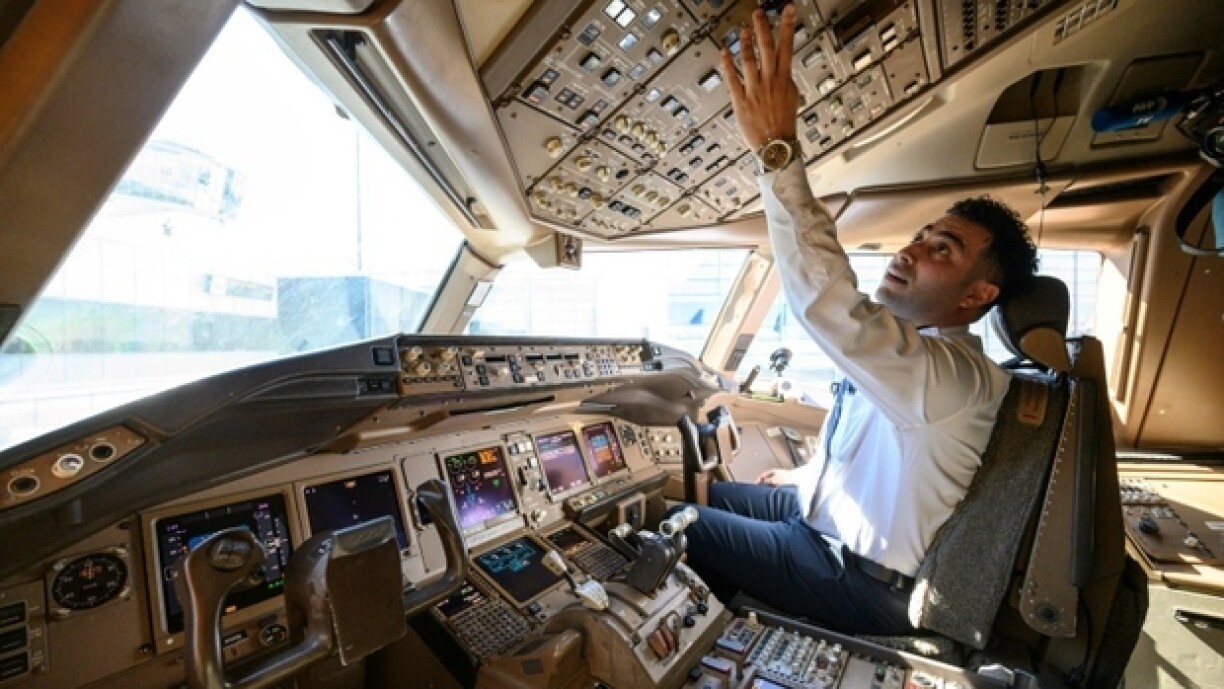
The European Union Aviation Safety Agency (EASA), which includes Luxembourg among its member states, is considering a proposal to reduce the number of pilots on commercial flights to just one, starting in 2027. This measure would apply specifically to the cruise phase of flights.
However, members of the Luxembourg Socialist Workers’ Party (LSAP), MPs Mars di Bartolomeo and Francine Closener, have raised concerns and have formally questioned Minister for Mobility, Yuriko Backes, about the potential risks associated with this plan.
EASA, whose primary responsibility is to ensure aviation safety, has yet to reach a definitive conclusion on the proposed reduction in pilot numbers. The latest EASA safety report indicates that a majority of major incidents and accidents tend to occur during the phase of flight targeted by this proposal. The LSAP MPs argue that this finding contradicts the aim of enhancing flight safety and could, in fact, compromise it.
In her response, Minister Backes affirmed that the Luxembourg government respects the authority of EASA as the EU’s aviation safety regulator and adheres to its regulations. This policy also extends to Luxembourg’s two national airlines, Luxair and Cargolux. Minister Backes pointed out that Luxair pilots, who only operate short- and medium-haul flights, are present in the cockpit throughout all phases of flight. Meanwhile, Cargolux has welcomed advancements in aircraft automation but insists that these developments must undergo rigorous testing, documentation, and certification by the relevant authorities.
The Luxembourg Association of Airline Pilots has voiced strong opposition to the EASA proposal, arguing that flight safety hinges on effective collaboration between pilots in the cockpit. They assert that reducing the number of pilots would introduce additional risks.
An official decision on the matter is expected in 2026, which could lead to changes and adaptations to current regulations. For now, these discussions remain purely speculative, as emphasised by Minister Backes in her statement.